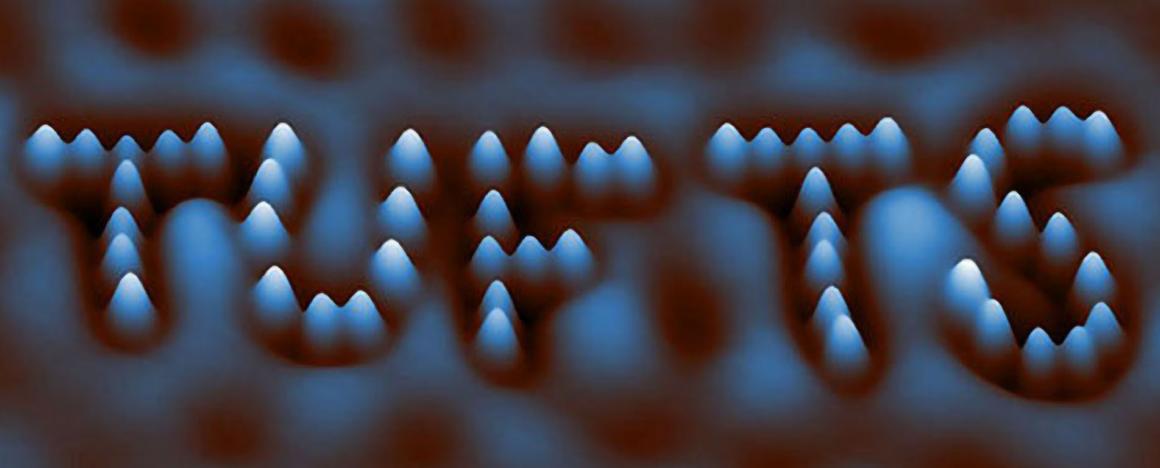About the Sykes Lab

The Sykes group utilizes state of the art scanning probes and surface science instrumentation to study technologically important systems. For example, scanning tunneling microscopy enables visualization of the geometric and electronic properties of catalytically relevant metal alloy surfaces at the nanoscale. Using temperature programmed reaction studies of well defined model catalyst surfaces structure-property-activity relationships are drawn. Of particular interest is the addition of individual atoms of a reactive metal to a relatively inert host. In this way reactivity can be tuned, and provided the energetic landscapes are understood, novel bifunctional catalytic systems can be designed with unique properties that include low temperature activation and highly selective chemistry. Newly developed curved single crystal surface are also being used to open up previously inaccessible areas of structure sensitive surface chemistry and chiral surface geometries.
In a different thrust, the group has developed a thioether molecular rotor system that is enabling us to study many important fundamental aspects of molecular rotation with unprecedented resolution. Molecular motors are ubiquitous in nature; they exhibit functions as varied as organizing the cellular cytoplasm by vesicle transport to powering the motion of cells and even driving whole body locomotion via muscle contraction. In stark contrast, current manmade devices, with the exception of liquid crystals, make no use of nanoscale molecular motion. This is partly due to a gap in the understanding of how individual molecular components behave in the face of opposing forces such as electronic friction, thermal fluctuations and coupling to neighboring molecules.
By using low-temperature scanning tunneling microscopy (LT-STM), we are able to record the dynamics of individual molecular rotors at the atomic-scale. At very low temperatures (20 K), the molecules transition between a locked or “frozen” state to one in which they spin at over 1x106 times per second. There is a significant opportunity for single-molecule measurements to answer many of the current questions in the field of molecular rotors/motors and have a major impact on efforts to control all types of molecular motion. We have already investigated how these small, simple molecules as molecular rotors and we are beginning to devise methods for turning them into molecular motors.
"Lonely Atoms with Special Gifts"
Watch a video of Prof. Sykes' invited talk about about Single-Atoms Alloys at @CAT (AtCAT Symposia)
Other videos of interest
ACS Catalysis Lectureship Winners: Maria Flytzani-Stephanopoulos and Charles Sykes
The American Chemical Society, ACS Catalysis, and the Division of Catalysis Science and Technology are proud to honor the 2019 winners of the ACS Catalysis Lectureship for the Advancement of Catalytic Science: Maria Flytzani-Stephanopoulos, Ph.D. and Charles Sykes, Ph.D., for their contributions to single-atom alloy catalysts.
World's Smallest Electric Motor: Sykes Group Tufts
The Sykes Group at Tufts University uses scanning tunneling microscopy to study molecular rotation to determine if individual molecules can be used as nanomachines. Made from a single molecule.
Nanotechnology for Alternative Energy Sources
An introduction to the study of alternative energy sources. Researches use ground-breaking atomic imaging techniques to view hydrogen atoms moving on a specialized surface.